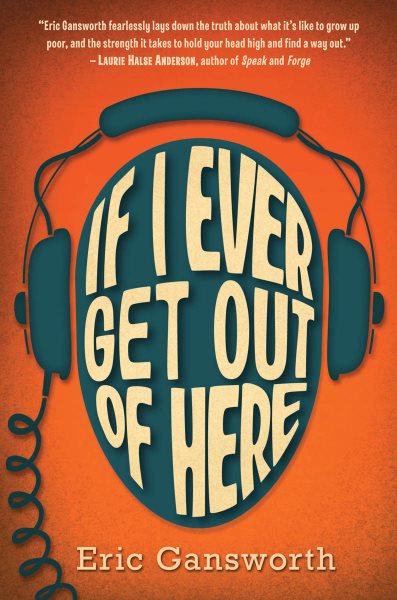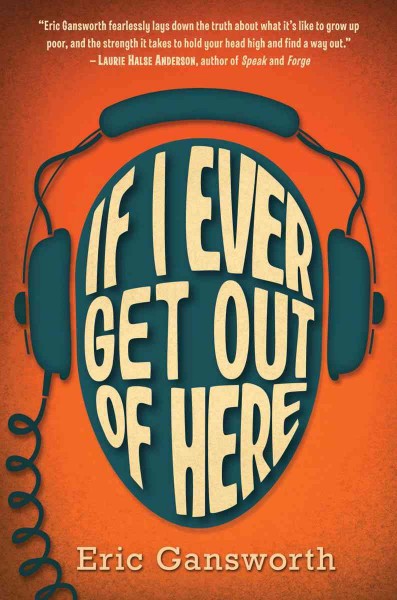
Seventh grader Lewis Blake has had it with being an outsider. But his quest to fit in to his mostly white middle school is an uphill battle: being an Indian, he will have to do more than just cut off his braid and cut back on his sarcasm to break out of the “force field” that kept him from making any friends during all of sixth grade. When George, the new kid in school, genuinely seems interested in getting to know Lewis, he’s wary but also excited by the possibility of having a friend at school. Becoming better friends with George slowly opens Lewis’ world up beyond the boundaries of the reservation, enabling him to experience acceptance at school (for the most part), the comforts and conveniences of a modern home, and a weekend in Toronto at a concert of the boys’ favorite band. But there are downsides to their inter-racial friendship too: Lewis is acutely aware of and deeply embarrassed by his run-down home; he’s razed by longtime friends from the rez about crossing the “lines” that separate Indian and White; he’s warned on many occasions by well-meaning but cautious adults who don’t want him to be hurt by the prejudice and unfairness of the white world; and he faces both subtle and overt racism and bullying from many whites, kids and adults alike.
Over the course of their seventh and eighth grade years in 1975-1977, Lewis and George’s friendship grows, wanes, and is tested by social pressures, racism, lies and half-truths, and their own awkwardness and insecurities. Both boys discover that being someone’s friend means more than just hanging out and liking the same music; it means letting your guard down and welcoming someone into the fullness of your life, dark secrets and shining moments alike: “friends are always worth the moments of joy you share, even if they don’t last.” (349)
Eric Gansworth‘s If I Ever Get Out of Here is a fantastic edition to the coming-of-age genre. With humor and pathos, he perfectly captures the awkwardness of junior high, of developing real friendships in the face of first romances, social expectations, and family pressures. But where this book really shines is in building such a richly detailed, fully developed, authentic struggle about cultural identity. Lewis is both an “every kid” going through the trials and tribulations of junior high, but his experience goes well beyond that as he wrestles with his cultural heritage and what it means to be Indian in the modern world: “I wanted to be just me, Lewis Blake, not ‘Indian Lewis’ like I was at school. I didn’t have any objection to being known as an Indian, but couldn’t I have my own life as just me?” (159) “I wanted to try to navigate both planets, make choices within both worlds, not have to choose one to love and one to hate” (311). Gansworth shows that Lewis faces, from all sides, both Indian and White, expectations, judgments, racism, and hard choices and despite some stumbles along the way (or maybe because of them), we can trust deep down that Lewis going to come through them all alright. I have no doubt that Lewis (and the readers he inspires) will be able to not only live in, but embrace, both worlds and be the richer for it.
- Posted by Cori
Music, especially The Beatles and Wings, is a HUGE part of the fabric of If I Ever Get Out of Here. Check out the playlist at: http://www.ericgansworth.com/ifievergetmusic

